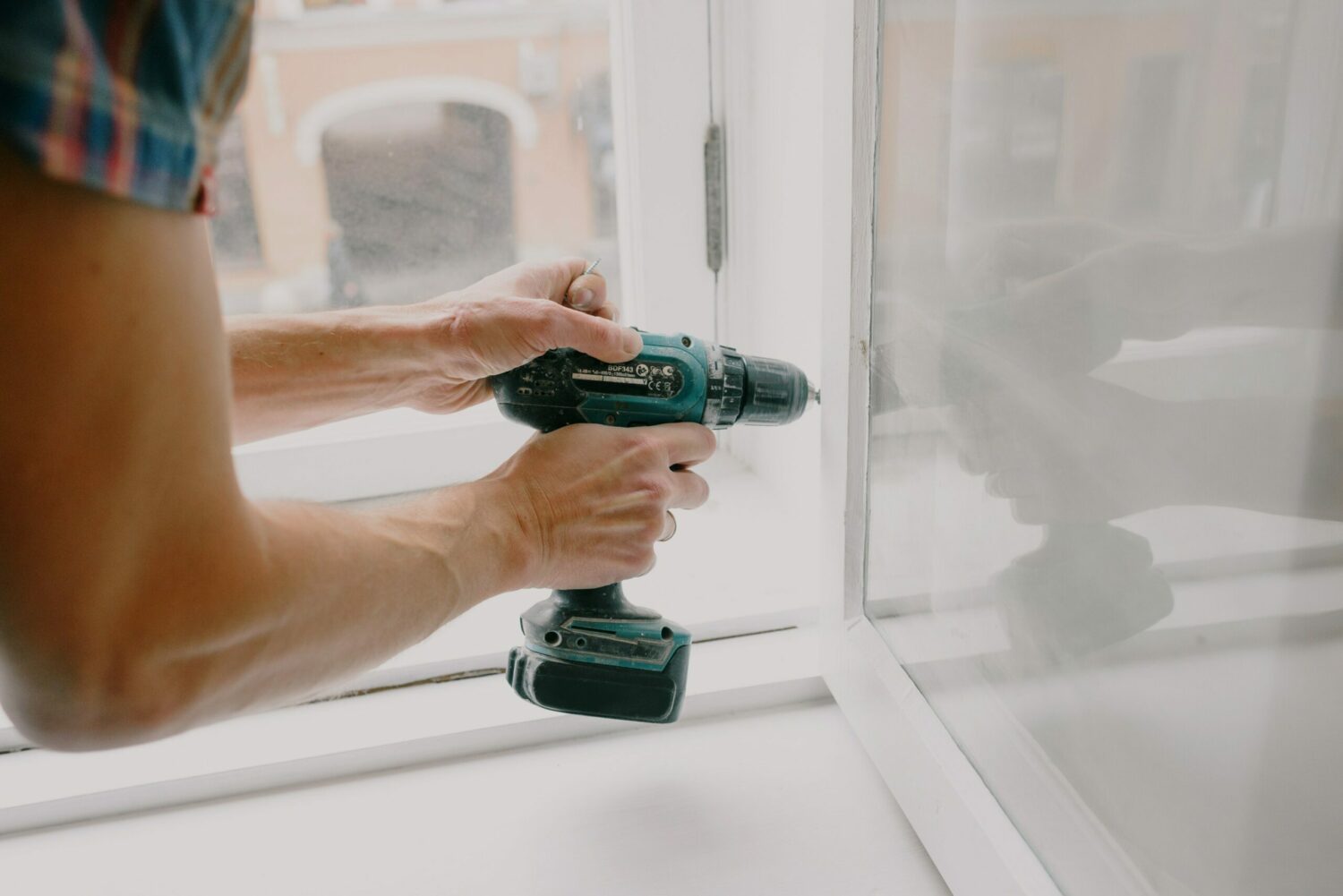On more than one occasion you have surely wondered who pays for repairs if you live in a rented house. For example, if the boiler breaks down, should I, as the tenant, assume the costs of repairing it, or should I notify the landlord so that he can proceed with the repairs?
In such situations it is vital to bear in mind two fundamental aspects:
- The lessor is obliged to carry out all repairs that are necessary to keep the dwelling in habitable condition to serve the agreed use, except when the deterioration whose repair is involved is the fault of the lessee.
- The lessee must carry out all minor repairs required by the ordinary wear and tear of the dwelling.
Bearing this in mind, we must thoroughly review the lease contract that the lessor extends to us before signing it, since all those clauses that oblige the lessee to assume repairs that by law are the responsibility of the lessor himself, and are intended for the maintenance and upkeep of the dwelling, will be null and void.
Continuing with our example, the clause of the contract that imposes to the lessee the obligation of maintenance of the boiler will be null and void. The lessor cannot impose on the lessee the obligation of the maintenance of the essential elements of the property that by law is attributed to him, being the water heater an essential element of the dwelling.
Furthermore, the lessee is not liable to pay for any damages that may result from the breakage of the water heater itself. Such damages are considered civil liability derived from the ownership of the dwelling, which are included in the obligation of the lessor to cover the maintenance expenses.
However, should I, as a tenant, take out a home insurance policy to cover the rented property, the answer to this question is in the negative. It is not obligatory to contract a home insurance, unless it is mortgaged. Outside such assumption, the lessee does not have the duty to have subscribed an insurance, although to avoid possible unforeseen events it is highly advisable.
Therefore, when the dwelling is not mortgaged, the lessor and the lessee may agree that the latter should take out insurance, without this being necessary from the outset for one or the other, it being advisable, as has been pointed out, that the lessee should take it out to insure, at least, the contents of the dwelling and his civil liability in case damage is caused to other persons due to fault on the part of the lessee.
However, we must keep in mind that when a property is leased, the lessor will be liable for damages caused to third parties by the building or the contents of the property. While the lessee will be liable for the damages that he himself, the members of his family living in the house, or his pets, cause to third parties.
In conclusion, and take good note, the main rule is that the responsibility for keeping the property in optimal conditions falls on the owner of the property in which you are renting. While you as a tenant, exclusively, you will have to face the small repairs that are necessary for the ordinary use of the housing. Bearing in mind also that all the above mentioned is also applicable to leases for use other than housing.
Cigarrán Lawyers continues to be at the disposal of its clients, attending to their needs in these and other matters. info@cigarran.com — Tel. (+34) 91 355 85 15
Author:

Olga Galindo


